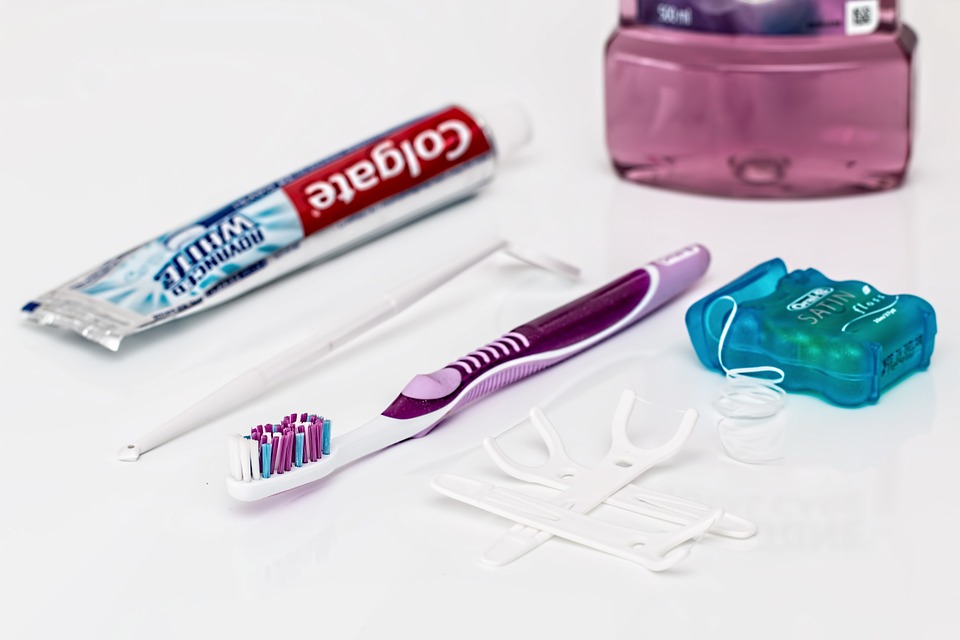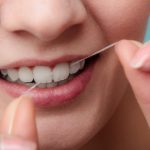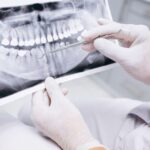As human beings, we like to act in our own best interest. That’s why we eat food. It’s because being hungry sucks. It’s why we go to the hospital when we’re sick, and it’s why we brush our teeth. But then, flossing is another discussion entirely. Only a handful of people floss, despite how crucial health care professionals tell us it is.
Why is that?
Sometimes, your gum bleeds.
Everybody knows that healthy tissue doesn’t bleed. The rule of thumb is that when you see blood, stop whatever you’re doing because the blood belongs on the inside of your body. When they floss, most people notice a little bit of blood on their floss, and that discourages them from continuing to floss. There’s also some discomfort associated with pulling a string back and forth in between your teeth.
Seeing a little bit of blood while flossing is actually normal. According to doctors, bleeding means plaques have been built on your teeth, and they need to be cleaned away. You can expect to see little bits of blood on your floss even if you don’t have any dental conditions. However, bleeding after a few days of flossing is abnormal. You should talk to your dentist at Kabani Dental that’s located in Marietta, and they’ll take really good care of your dentition.
You’re brushing, anyway.
Many people often ask themselves, “Since I’m brushing every day, why do I still have to floss?” Flossing may seem redundant when you’re bathing your dentition in paste twice daily. However, brushing and flossing actually do very different things. It’s just like with bathing and exfoliating. You can’t say because you exfoliate all the time, you won’t have a bath anymore.
Brushing helps clear away food debris that gathers up in the mouth, as well as restore normal teeth color. Flossing, on the other hand, removes tiny pieces of food that get lodged in between the teeth. If you don’t remove them, they can build up plaques and give bacteria something to act on. This is why even though you brush every day, you still need to floss.
The floss doesn’t fit.
Dentists and medical professionals everywhere insist that you need to floss if you want optimal dental hygiene. However, you can’t get optimal dental hygiene when the floss doesn’t fit in between your teeth. This may seem like a trivial reason, but it’s a valid one. Some people have small gaps between their teeth that make it almost impossible to fit a line of floss in there.
Flossing picks solve this problem a little. They are like pronged salad forks with floss running between the two prongs. They are small and handy, and you can apply steady pressure until the floss fits in-between your teeth. To get it out when you’re done, you can simply yank it out.
Why aren’t you flossing?
Even though several factors might discourage you from flossing, you only really need one to convince you, and that’s it’s good for you. If you floss often, you’ll have a lower risk of developing dental conditions like tartar build-up and bad breath. Or, at the very least, you won’t have to go to the dentist as frequently, and that’s a win.
Related Posts












